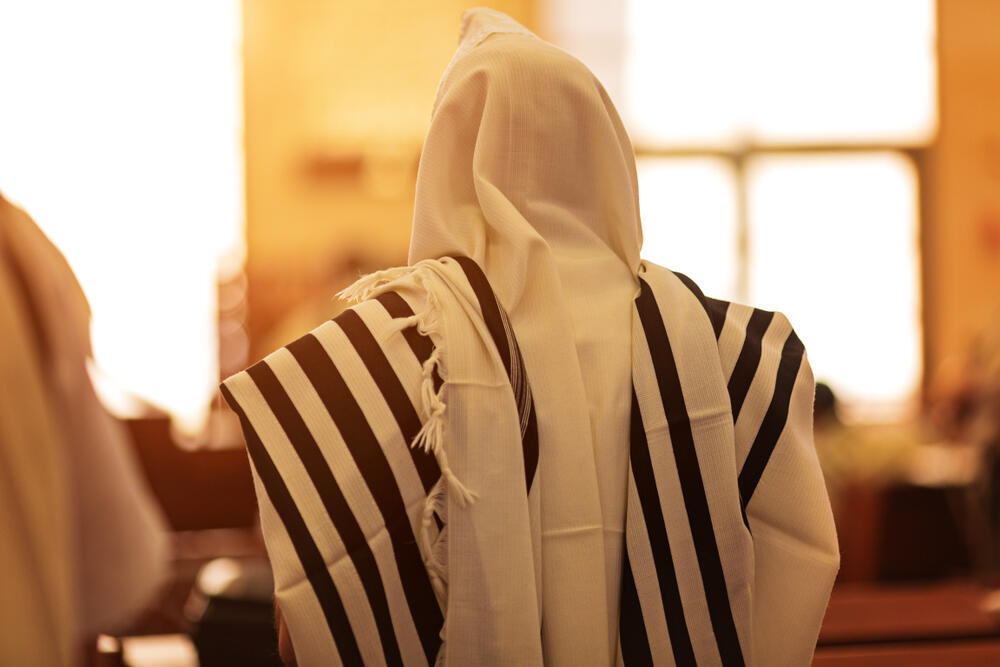Getting your Trinity Audio player ready...
Dr. Peter Gross, a Jewish family physician from Pennsylvania, filed an appeal to his state's court over a ruling made against him for negligence totaling $4.1 million, claiming that his trial was set to take place on Yom Kippur.
Dr. Gross argues that the lawsuit against him was filed "in bad faith" and that he was forced to choose between his right to practice his religion freely and his right to participate in the trial against him. The jury found the doctor liable in a lawsuit filed against him by a former patient, Fred DiMeo, who claimed to suffer a permanent heart condition because Dr. Gross failed to identify the signs of an onset heart attack.
According to the lawsuit, the doctor asked the court to postpone the start of the proceedings from September 2023, as it falls on Yom Kippur and said he would not be able to appear in court. The lawsuit opposed the request, arguing that their expert witness was only available on that day.
As a result, two judges denied the defendant's doctor's request, and Dr. Gross did not attend the proceedings on Yom Kippur, the first day of his trial. Ultimately, the jury ruled against him, and Dr. Gross is now appealing the decision, alleging the court failed in its ruling by not respecting his observance of Yom Kippur.
Jewish organizations rallied to assist Dr. Gross. Agudath Israel of America, the U.S. branch of the World Agudath Israel, wrote to the court expressing concern that the jury's decision "could be understood to justify limits on equal access to the civil court system for thousands of observant Jews in the Commonwealth, as well as other religious minorities.”
The 40-page statement read, "The importance of observing Yom Kippur—the holiest day of the year for the Jewish people—cannot be overstated. While courts do not weigh the centrality of religious beliefs, a full understanding of Yom Kippur’s significance corrects any misunderstanding of the holiday as a flexible custom or tradition, rather than religious obligation.”
It added, "For observant Jews, religious holidays and Shabbat are not merely important celebrations; they are days and times when they are forbidden by Jewish law from engaging in all manner of activity and labor, including appearance in court. If courts treat those obligations as ordinary scheduling conflicts to be resolved as a matter of judicial discretion, they fail to afford those obligations—and thus, vulnerable religious minorities—the full protection of federal and state constitutional provisions for free exercise of their religion. "
The organization also argued that the observation of Yom Kippur is essential for the United States as a pluralistic society, as directed by the nation's founders.
However, the plaintiff's representative rejected the claims and said the court’s decision not to reschedule was primarily a result of a mishandling by the doctor's attorneys. According to the plaintiff, the defense didn’t raise concerns about the schedule until a week before the trial, despite the proceedings being scheduled a year and a half in advance.
The plaintiff added that they were willing to accommodate the request and delay the trial, but their expert failed to reschedule on such short notice. According to him, the apparent "lack of disclosure" by the doctor regarding his inability to attend court on Yom Kippur for religious reasons was in itself sufficient grounds for the court to reject the appeal on an unconstitutional basis.
The U.S. Jewish community observes eight major holidays in the year - none of which are defined as national or federal holidays. Sabbaths typically do not pose an issue, as most courts in the United States don’t hold hearings on Saturdays or national holidays, except in urgent cases.





